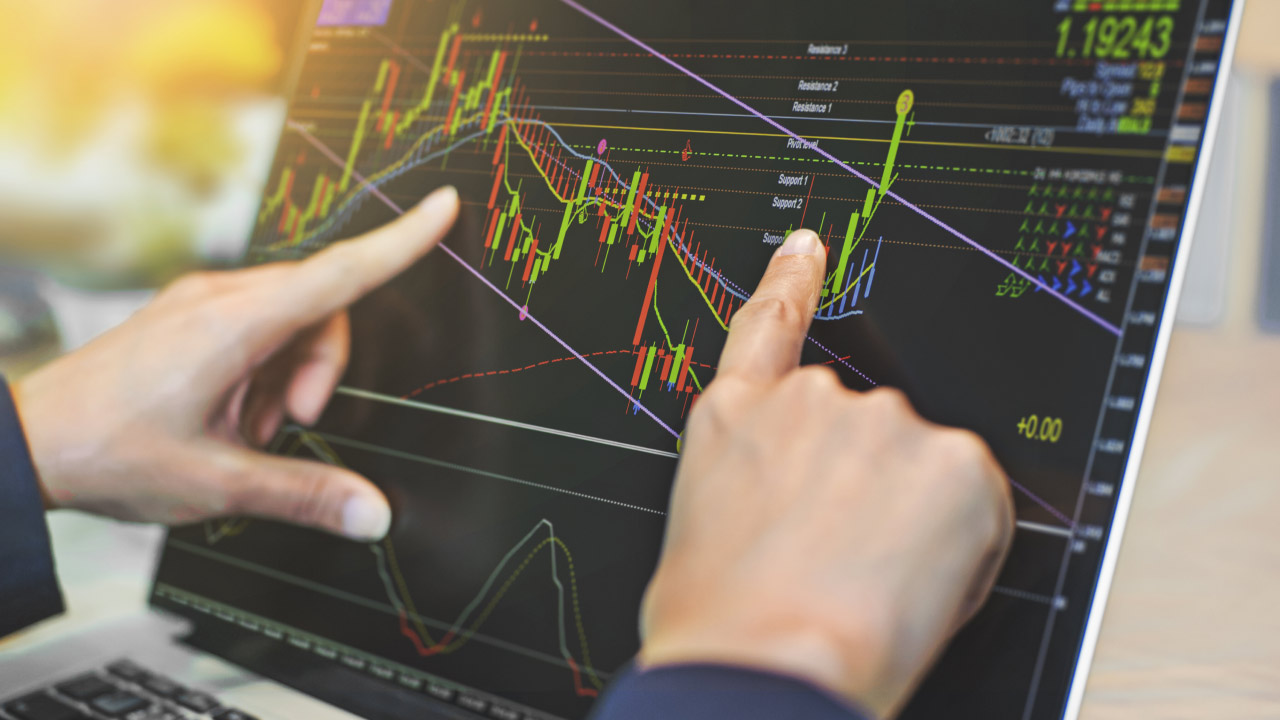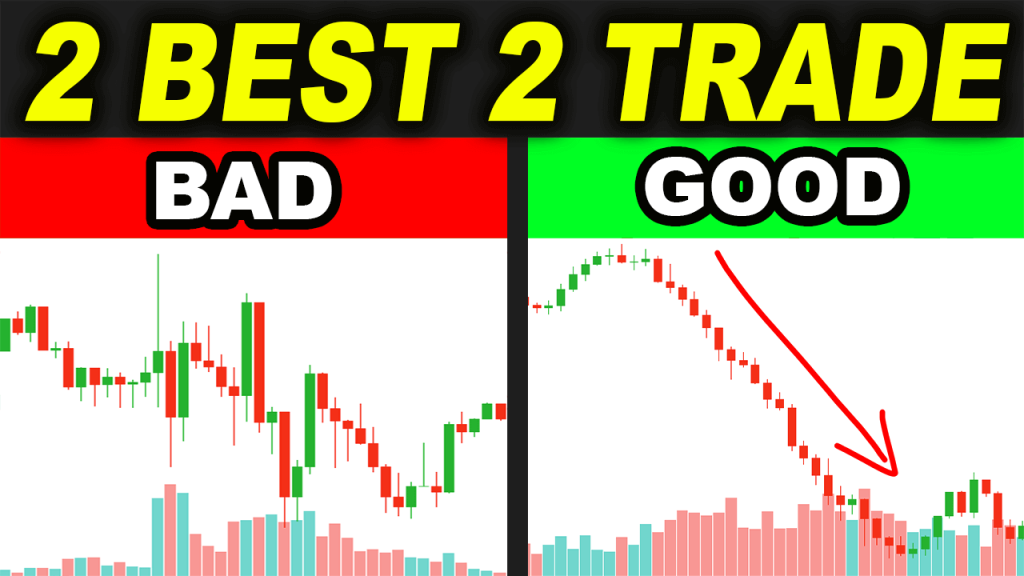Whether you’re a seasoned trader or just getting started, knowing when to engage with the market can make all the difference in your success. The market doesn’t move on your schedule, but by understanding the best times to analyze and trade, you can maximize your chances of success. In this article, we’ll explore:
-
When is the best time to analyze the market?
-
When is the best time to trade?
By recognizing these key windows, you’ll be able to make more informed decisions and optimize your trading strategy.
The Best Time to Analyze the Market

Market analysis requires clear thinking, and the best analysis happens when you’re calm, focused, and have the time to digest information without the pressure of market fluctuations. Here are the best times for analyzing the market:
1. Before the Market Opens
-
Why: This is the best time to plan for the day ahead. You can review overnight developments, economic reports, and identify potential trading opportunities.
-
What to do: Look at overnight market movements, news releases, and economic reports. Identify key support and resistance levels.
-
Ideal for: Day traders and swing traders looking to set up their trades for the day.
Best hours:
-
Forex: 1–2 hours before major sessions (London, New York)
-
Stocks: 8:00–9:15 AM EST (pre-market session)
2. After Market Close
-
Why: The market is closed, and you can evaluate your performance without the emotional pressure of live trading.
-
What to do: Review your trades, analyze missed opportunities, and study the charts for the next day’s opportunities.
-
Ideal for: Any trader who wants to refine their strategy and learn from their trading behavior.
Best hours:
-
Stocks: 4:00–6:00 PM EST
-
Forex & Crypto: Flexible, based on your schedule
3. Weekends (Especially Sundays)
-
Why: The market is closed, allowing you the time to dive into deeper analysis and plan for the upcoming week.
-
What to do: Analyze weekly charts, mark key support and resistance zones, identify trends, and plan your setups for the next trading week.
-
Ideal for: Swing traders and long-term traders who want to plan ahead.
Best hours:
-
Sunday afternoon/evening before markets open in Asia (Forex), or before futures markets open (for stocks)
The Best Time to Trade the Market
Once you’ve done your analysis, it’s time to act. Here’s when you’ll likely see the best trading conditions:
1. When Sessions Overlap (for Forex and Crypto)
-
Why: Overlapping trading sessions offer the highest liquidity and volatility, providing more trading opportunities.
-
Best overlap:
-
London–New York overlap: 8:00 AM – 12:00 PM EST
-
Asian–London overlap: 3:00 AM – 5:00 AM EST
-
2. First 1–2 Hours After Market Opens (Stocks)
-
Why: This is when volume and volatility are at their peak, creating great opportunities for momentum and breakout trades.
-
Caution: Be aware that the market can be volatile right after the open. Stick to your trading plan and avoid chasing moves.
Best time:
-
9:30–11:30 AM EST (U.S. stock market)
3. Key Economic News Releases
-
Why: Major economic events can cause huge price movements and volatility.
-
Strategy: Trading news requires experience. If you’re new, consider waiting 15–30 minutes after the release for the volatility to calm down before entering trades.
Watch for:
-
Central bank meetings (e.g., Federal Reserve, ECB)
-
Jobs data (e.g., Non-Farm Payrolls in the U.S.)
-
Inflation reports (e.g., Consumer Price Index)
Times to Avoid Trading
-
During low-volume periods (e.g., holidays or the summer months)
-
Late Friday afternoons (low liquidity and high risk)
-
Before big economic news releases, unless you’re experienced with news trading
-
When you’re tired, emotional, or distracted — your mindset matters
Final Thoughts
Timing isn’t everything, but it does play a critical role in trading success. By analyzing the market during calm, low-volatility periods, and trading during the peak times for liquidity and volatility, you can make more calculated decisions.
Remember:
“Plan your trade, and trade your plan.”
You don’t need to trade constantly to be a successful trader. The key is to trade at the right time with the right plan in place.
Disclaimer
The information provided in this article is for educational purposes only and should not be construed as financial advice. Trading in financial markets involves significant risk, and it is possible to lose more money than you initially invest. Always conduct your own research and consider consulting a financial advisor before making any trading decisions. Past performance is not indicative of future results.


